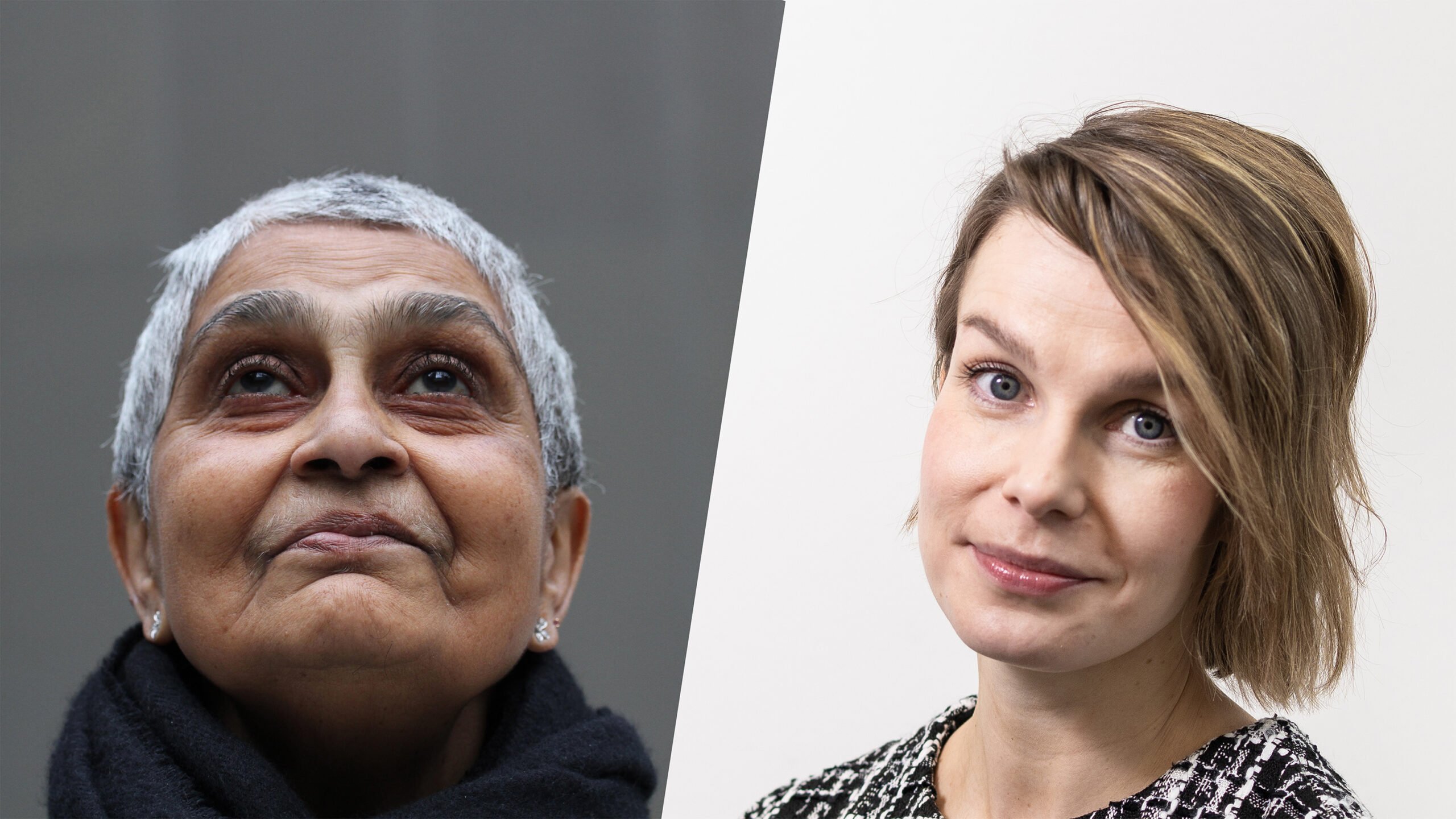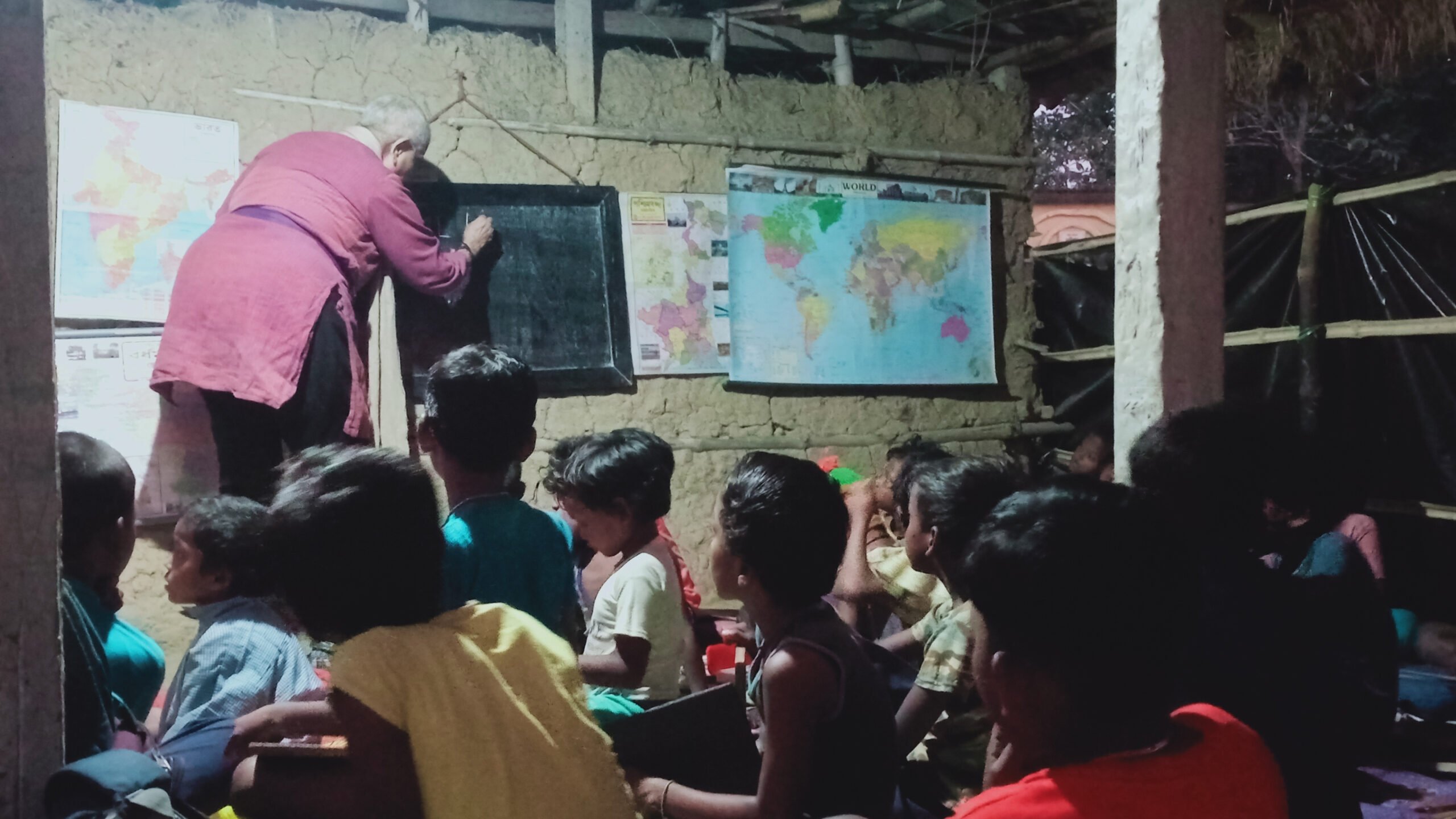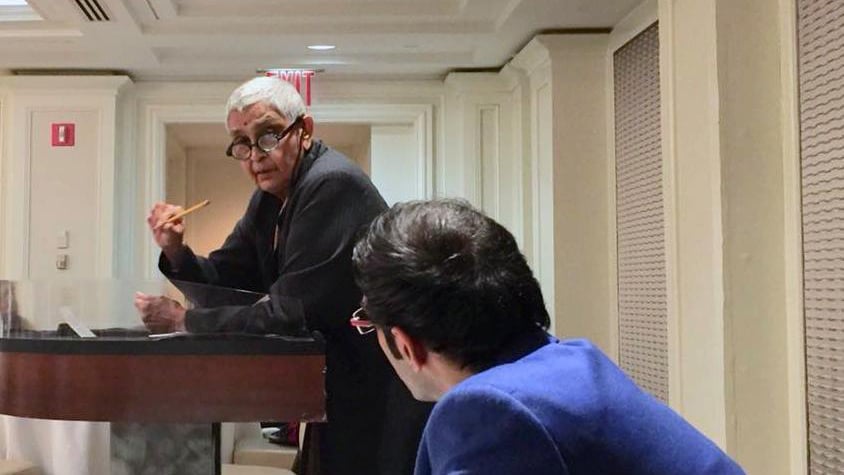
All disciplines produce knowledge and the students learn to know. The humanities – literature and philosophy – teach the practice of learning. In knowing, you know an object.
Five PhD candidates in the Nordic countries are invited to participate in a masterclass with Holberg Laureate Gayatri Chakravorty Spivak. Each participant will be asked to prepare a 5-minute presentation related to the theme chosen by the Laureate. After the presentations there will be a panel discussion.
This event is part of the 2025 Holberg Week, which takes place from 3rd to 6th June, in Bergen and Oslo.
Abstract
In the practice of learning, as taught by the humanities, you attempt to hold yourself effaced, suspending judgment, in order to displace yourself into the space of what you are trying to learn. This is imaginative activism. The literary or philosophical text stages a field of desire. Uninstructed reading usually takes the text to be a fulfilment of those desires. This Masterclass will discuss these and related issues.
Participants
Gayatri Chakravorty Spivak
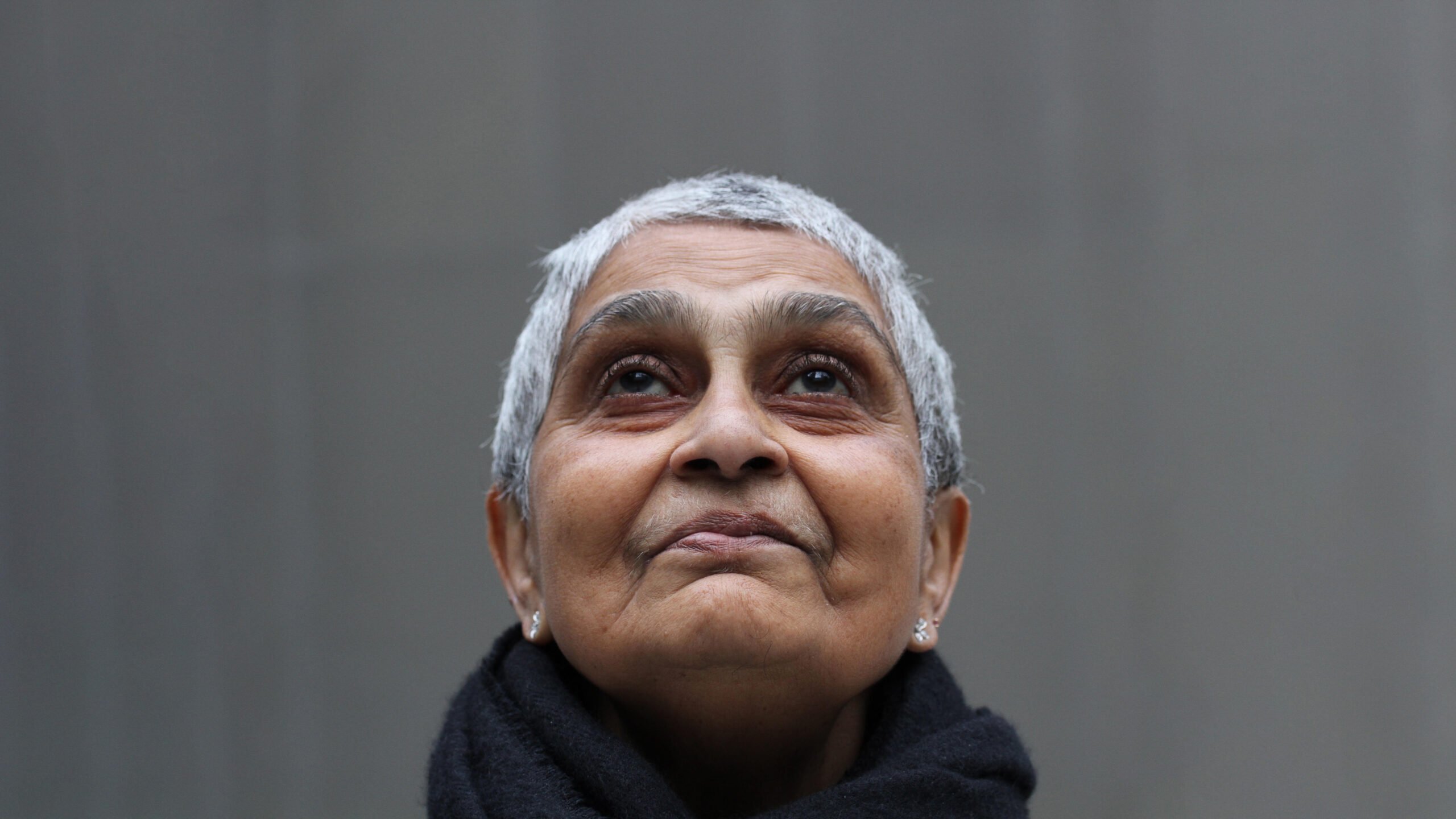 Gayatri Chakravorty Spivak. (Photo: Alice Attie.)
Gayatri Chakravorty Spivak. (Photo: Alice Attie.)
Professor Gayatri Chakravorty Spivak is the 2025 Holberg Laureate. She has held the position of University Professor in the Humanities at Columbia University since 2007, where she has been a faculty member since 1991, and where she is also a founding member of the Institute for Comparative Literature and Society. Spivak has published nine books and translated many others. Her works have been translated into over 20 languages. Spivak’s key works include In Other Worlds: Essays in Cultural Politics (1987), A Critique of Postcolonial Reason: Towards a History of the Vanishing Present (1999), Death of a Discipline (2003), An Aesthetic Education in the Era of Globalization (2012), and Ethics and Politics in Tagore, Coetzee and Certain Scenes of Teaching (2018). Her latest book is Spivak Moving (2024).
Sabina Ivenäs
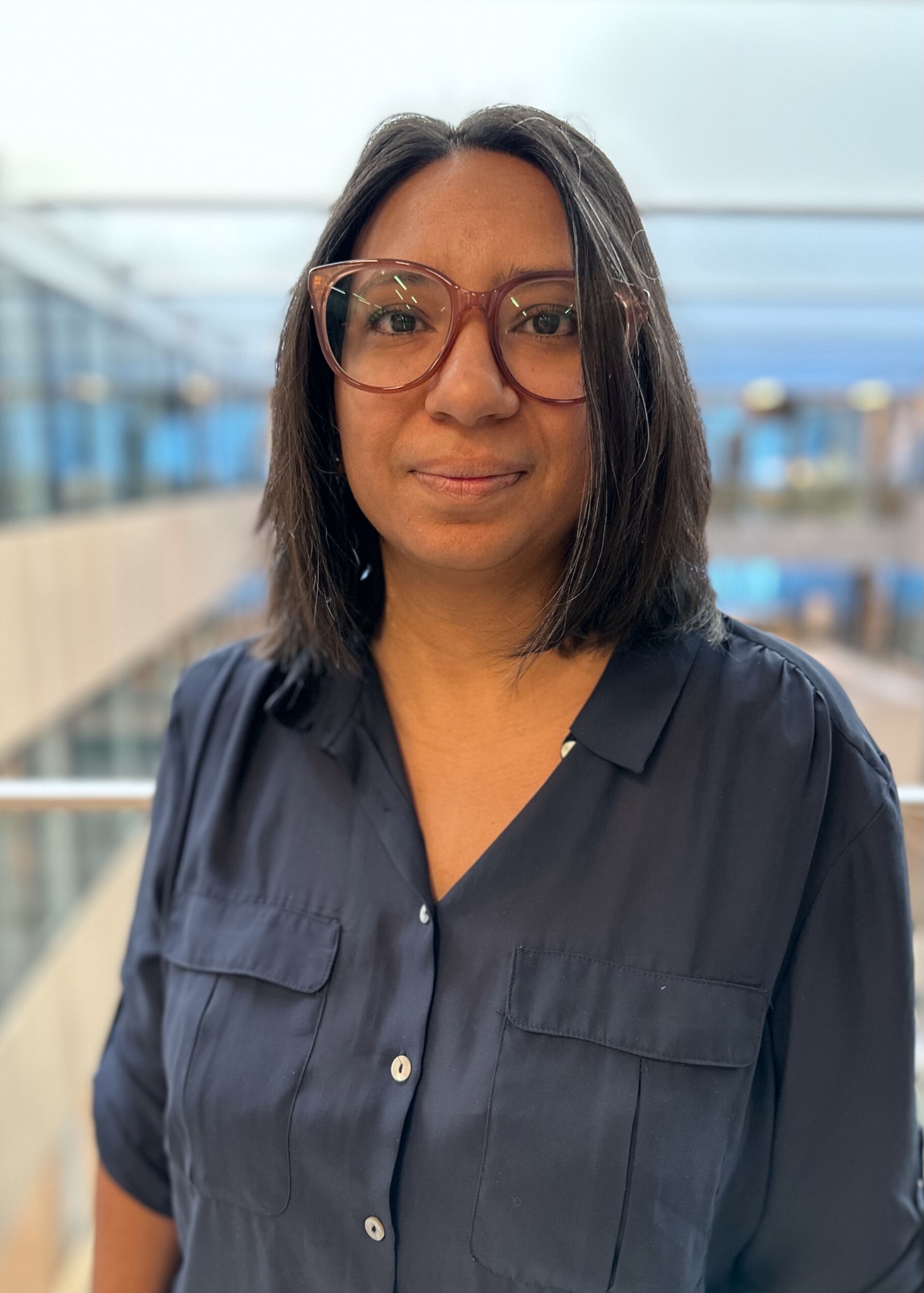 Sabina Ivenäs. (Photo: Private.)
Sabina Ivenäs. (Photo: Private.)
Sabina Ivenäs is a PhD candidate in Comparative Literature at the University of Gothenburg. She holds an MA in Language and Culture in Europe. Her current research explores the postmigrant condition in contemporary Swedish and Danish poetry, with particular attention to its didactic dimensions.
My contribution to the Masterclass reflects on the ethical and pedagogical dimensions of teaching and exile through poetry. By using the concept of postmigration and the work of Gayatri Spivak, I want to discuss representation, listening, and the role of poetry for learning. Drawing on my research and teaching, I ask: what can poetry—particularly that emerging from marginalized voices—teach us about the human condition, and what responsibility do we as academics carry when read, name, and engage with it?
Sadie Hale
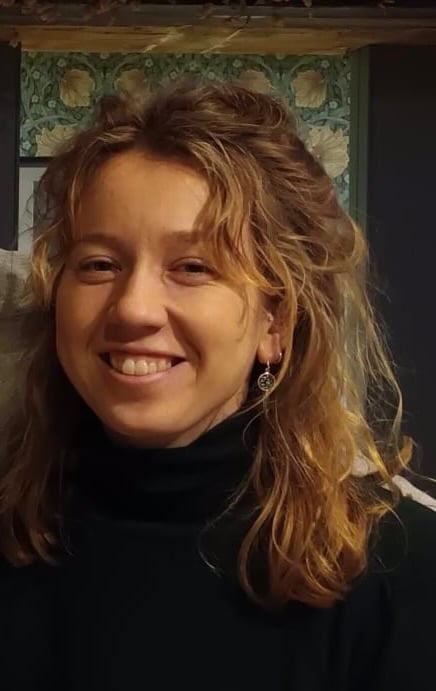 Sadie Hale. (Photo: Private.)
Sadie Hale. (Photo: Private.)
Sadie Hale is a third-year PhD candidate with the SEATIMES project at the Department of Social Anthropology, University of Bergen. Her research project, “Looking at people looking at whales”, draws on ethnographic fieldwork in whale tourism contexts in Arctic Norway.
My contribution will focus on:
* Whale watching as a site of learning, where tourists’ attention is directed in specific ways (and not in others)
* The inherently relational quality of sound and listening; the question of who gets to speak, who gets to be heard (and who doesn’t) remains as urgent as ever. In my fieldwork contexts, listening is a crucial method for finding and contextualising whales as sonic beings at a time of worsening underwater noise pollution
* Moving beyond representing whales, and making space for them to ‘speak for themselves’ – but what could this mean in practice?
Jillian Loise Melchor
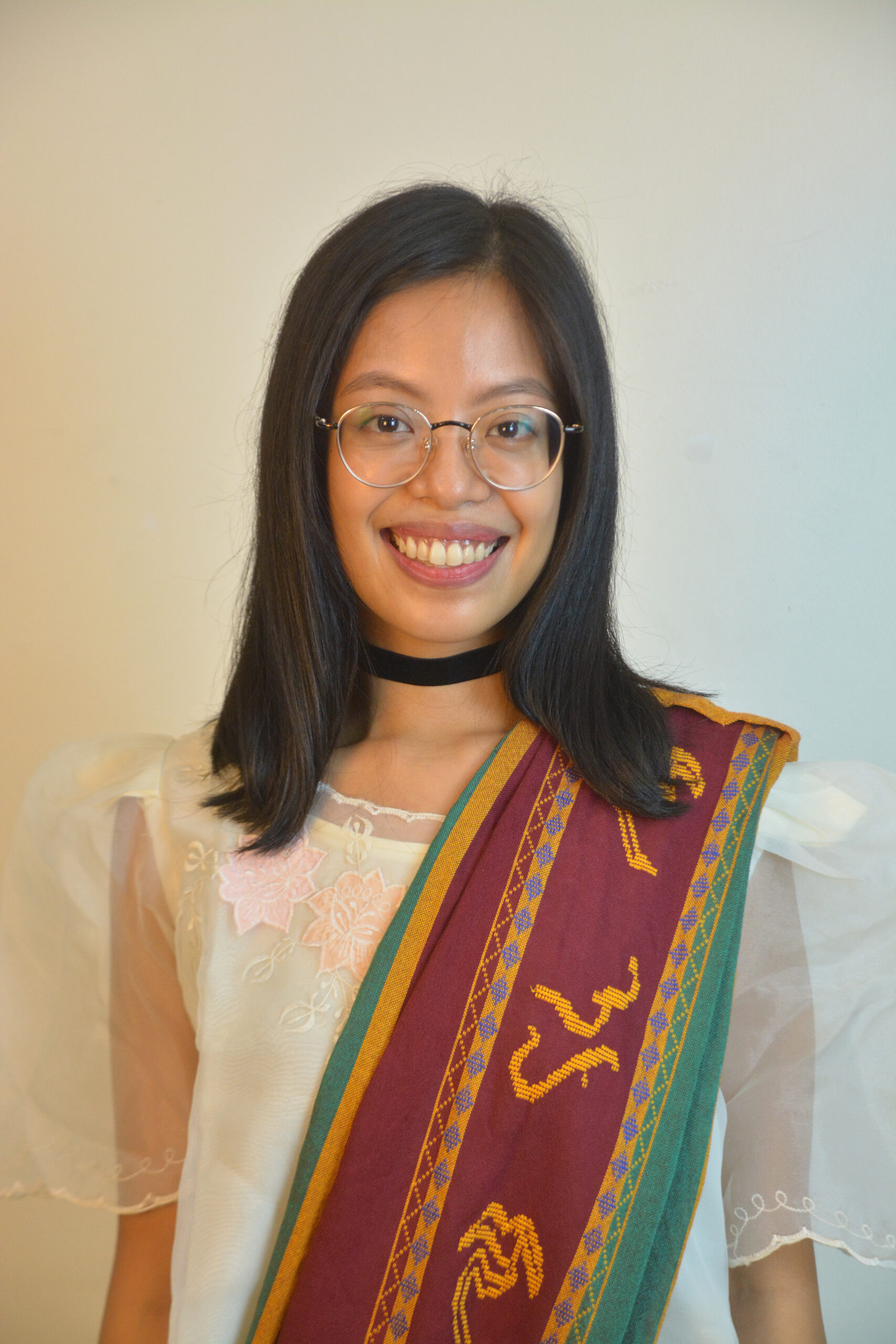 Jillian Loise Melchor. (Photo: Private.)
Jillian Loise Melchor. (Photo: Private.)
Jillian Loise Melchor is a PhD candidate at the University of Helsinki, developing decolonial paradigms for the study and preservation of creole language heritage. She authored Colonial Philippines in Italian Travel Writing (2024) and has published on the entanglements of language and power.
Framed within the Spivakian sense of representation, even in the description of her speech, the subaltern is rendered mute. Indeed, the most enduring injustice committed to the creole-as-object-of-knowledge is the yet-to-be-fully-eroded epistemic integrity of the notion that a Creole is merely a “bastardised” or “degenerate” version of its colonial lexifier. It is at this juncture that critical theory must supplement linguistics, especially since the science of languages lags behind sister disciplines in its Lacanian apperception notwithstanding the deeply colonial origins of this discipline and the immense value of language as a site of colonial power.
Johannes Sartou
 Johannes Sartou. (Photo: Private.)
Johannes Sartou. (Photo: Private.)
Johannes Sartou is a PhD candidate in Intellectual History at Aarhus University, working on a dissertation titled Staging the Subaltern: The Making and Remaking of the Past from Below, which explores the emergence of a historiographical approach centering “forgotten voices” and popular agency.
For the masterclass, I will reflect on how subaltern agency in historiography is not simply recovered but actively constructed through the historian’s engagement with the past—an engagement that often carries political stakes. Approached as an act of imaginative activism—a practice of effacing oneself to enter the field of another’s desire—this approach may help resist reinscribing the subaltern as absence and keep open the potential of writing history ‘from below.’
Telma Velez
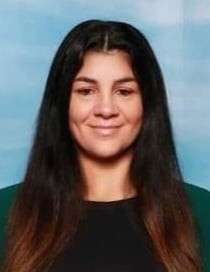 Telma Velez. (Photo: University of Iceland.)
Telma Velez. (Photo: University of Iceland.)
Telma Velez (she/her) is a PhD candidate and a teacher at the University of Iceland. She holds a BA in International Education and an MA in International Relations, with a focus on intimate partner violence (IPV) among immigrant women and the role of the Istanbul Convention in the Icelandic context. Her current work focuses on immigrant women employment experiences in academic spaces.
I will explore how the ethics of learning in the humanities guide my research on violence against migrant women in academia. How suspended judgment and imaginative displacement enables ethical engagement with marginalized voices and transformation by the renewing of minds.
Curriculum
- Spivak, Gayatri Chakravorty 1999. Can the subaltern speak? Section from Chapter 3 “History” in Critique of postcolonial reasonstarting with the line “At the other end of the spectrum…”. Harvard University Press, pp. 244-311.
- Spivak, Gayatri Chakravorty 2010. “In response”, in Can the subaltern speak? Reflections on the history of an idea, Rosalind Chakravorty Morris (ed.). Columbia University Press, pp. 227-236.
- Spivak, Gayatri Chakravorty 2017. “Global Marx?”, in Knowledge, Class, and Economics: Marxism without Guarantees, Richard McIntyre, Robert Garnett Jr. and Theodore Burczak (eds). Taylor and Francis, pp. 265-287.
- Spivak, Gayatri Chakravorty 2023. “Preface to the Twentieth Anniversary Edition”, in Death of a Discipline. Twentieth Anniversary Edition. Columbia University Press, pp. 1-8.
- Spivak, Gayatri Chakravorty 2015. “Crimes of Identity”. In Juliet Mitchell and the Lateral Axis: Twenty-First-Century Psychoanalysis and Feminism, Robbie Duschinsky and Susan Walker (eds). Palgrave Macmillan US, pp. 207-227.
- Spivak, Gayatri Chakravorty 2003. “Foucault and Najibullah”, in “Other Asias”. Wiley pp. 132-161.
- Spivak, Gayatri Chakravorty 2016. “Willing Suspension of Disbelief. Here, Now”, in Constellations of a contemporary Romanticism, Jacques Khalip and Forrest Pyle (eds). Fordham University Press, pp. 309-322. https://www.jstor.org/stable/j.ctt1c99996.17
- Spivak, Gayatri Chakravorty 2020. “Being Human”. Keynote given at MLA 2020. DRAFT DO NOT QUOTE.
- Spivak, Gayatri Chakravorty 2024. “Teaching for a Broken World.” ANGLICA-An International Journal of English Studies 33.3 (2024): 11-26.



